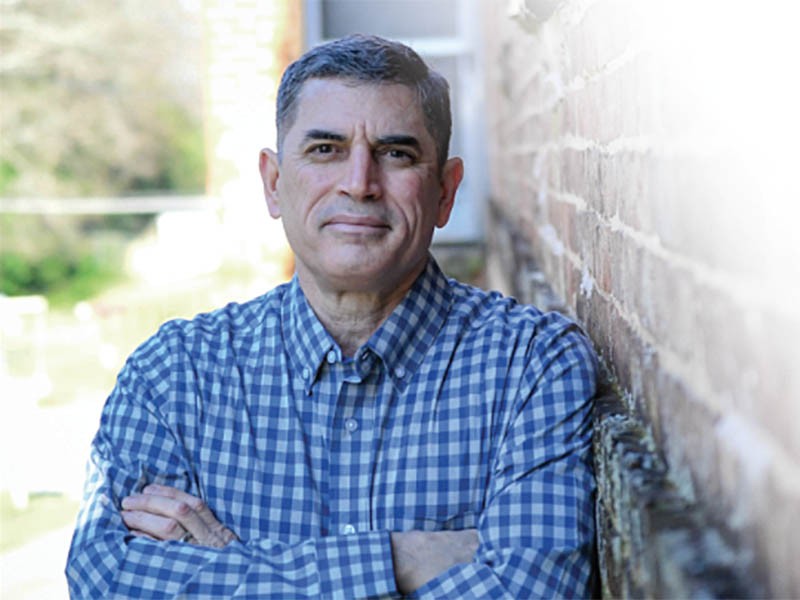In Congress, Democrats are working hard to pass a $1.2 trillion infrastructure bill. The bill is expected to be voted on any day, as soon as Democrats can agree enough to put the final package together. One Georgia Congressman explains why Republicans are against the spending.
Representative Andrew Clyde, a Republican who lives in Jackson County, says that he disapproves of the bill. “There’s not a lot of infrastructure in this bill. It’s about 9% infrastructure out of the $1.2 trillion bill.” Clyde, who spoke on WDUN's Newsroom, says that Republicans also find infrastructure to be a concern, but would go about the process differently. “There have been a number of proposals that Republicans have put forward. The largest one is about 400 billion dollars of hard infrastructure – road, bridges, internet… those things that make business move forward,” he says.
Clyde says that the answer doesn’t have to be in creating more debt. “If Republicans were in charge, we would take money that hasn’t been spent but already been appropriated through the Cares Act and we would take that money and reroute it to infrastructure so nothing would be added to the debt and would actually have good, hard infrastructure – about four times the amount the Democrats have put in this bill. Most of this bill is social spending. It’s not infrastructure.”
One of the issues that Clyde is personally interested in is seeing broadband expand to rural areas. Earlier this month he introduced H.R. 5512, the “Reviewing and Updating Regional And Local (RURAL) Broadband Mapping Act.” This act would allow federal broadband infrastructure funds to be more accurately dispersed to underserved areas.
Clyde explains that this bill is really about changing the current broadband mapping system. “The issue comes when you have grant applicants that want to apply for a specific broadband grant from the federal government and they use the FCC map which is broken down by census blocks. If that census block shows even one person that is properly served with internet in that census block, then the FCC considers the whole census block to be served. And that is just wrong. It is inefficient and it is incorrect.”
There are alternative maps and those are the ones that Clyde proposes using. “The Department of Community Affairs has come out with a fantastic map. The FCC map is just outdated, and this bill would allow the new GA map to be used on the application of these folks applying for the grants, and that makes things more efficient and better serves those in rural Georgia who need it.”
According to Clyde, coordinating with the federal government to issue internet is important to the growth of rural regions and to businesses in those areas. “Internet has really become a utility, and, in one respect, it would never be cost-effective for a private company to push internet into real rural areas, but a public-private partnership is important. The private companies run it but the public helps them to make it happen. As a result of these kinds of partnerships, we have had tremendous business growth across the country, so I think it’s an appropriate use of public funds to do this.”
For anyone interested in the broadband map issue, a look at the proposed map, alongside the one currently used can be found at broadband.ga.gov.









